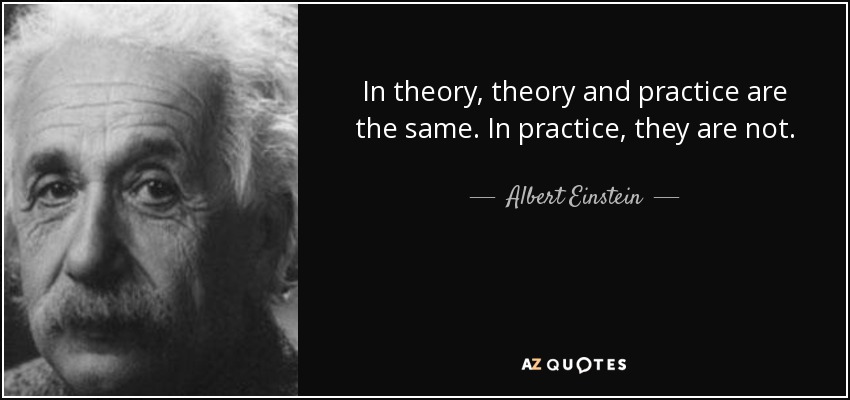Over the last 18 months I’ve been attending a Data Protection/Privacy event almost every month. It has been a pretty rewarding experience; one that is very different to the usual round of CS conferences that I have been following for the better part of my career.
I’ve been listening to policy makers, lawyers, marketeers, journalists, and occasionally engineers, discussing and debating the perils from the “erosion of privacy”, the measures to be taken, and the need to find a balance between innovation and growth on one side, and civil rights, on the other.
In addition to the events that I have attended myself, I have also read several reports on the outcomes of other consultations on the topics (for example the “bridges” and “shifts” reports). With this post I would like to discuss two issues that have been spinning in my head since the earliest days of my involvement with privacy and data protection. I am sure that these are thoughts that must have occurred to others as well, but I haven’t seen them spelled out clearly, hence the post.
Context (or lack of)
I’ve always enjoyed discussing abstract ideas — fairness, transparency, reputation, information, privacy. There’s something inherently tempting in discussing such abstract notions (I’ll try to avoid using the “ph” word). Maybe it is the hope that a breakthrough at this abstract layer will automatically solve innumerable specific and practical problems relating to each on of these abstract ideas. Whoever makes such a contribution certainly has a claim (and a chance) on immortality.
I am tempted to believe that this might be the underlying reason that the huge majority of the discussions that I have attended stay at this very high, very abstract level. “A general solution to the privacy issue”, “the value of private information”, “the danger from privacy leakage”. All these statements provide good and natural starting points for debates in the area. But to make a founded argument, and hopefully reach some useful conclusion, one that stands a chance to have an impact on real world technologies and services, you need to have a handle, something concrete enough to build upon. I call this “Context”. My main point here is that most discussions that I have attended stay at a very abstract level and thus lack concrete Context.
Having Context can improve many of our discussions and lead to tangible results faster and easier. If such tangible results don’t start showing up in the foreseeable future its only natural to expect that everyone will eventually get fed up, become bored and exhausted, and forget about the whole privacy and data protection matter altogether. Therefore why dont we start interleaving in our abstract discussions some more grounded ones. Pick up one application/service at a time, see what (if anything) is annoying people about it, and fix it. Solving specific issues in specific contexts is not as glamorous as magic general solutions but guess what — we can solve PII leakage issues in a specific website in a matter of hours and we can come up with tools to detect PII leakages in six months to a year, whereas coming up with a general purpose solution for all matters of privacy may take too long.
Making tangible progress, even in specific contexts, is good for moral. It’s also the best chance that we have to eventually develop a general solution (if such a thing is possible anyway).
In a following up post I’ll touch upon Verifiability, which is the second idea that I have not seen in most public discussions around data protection.
